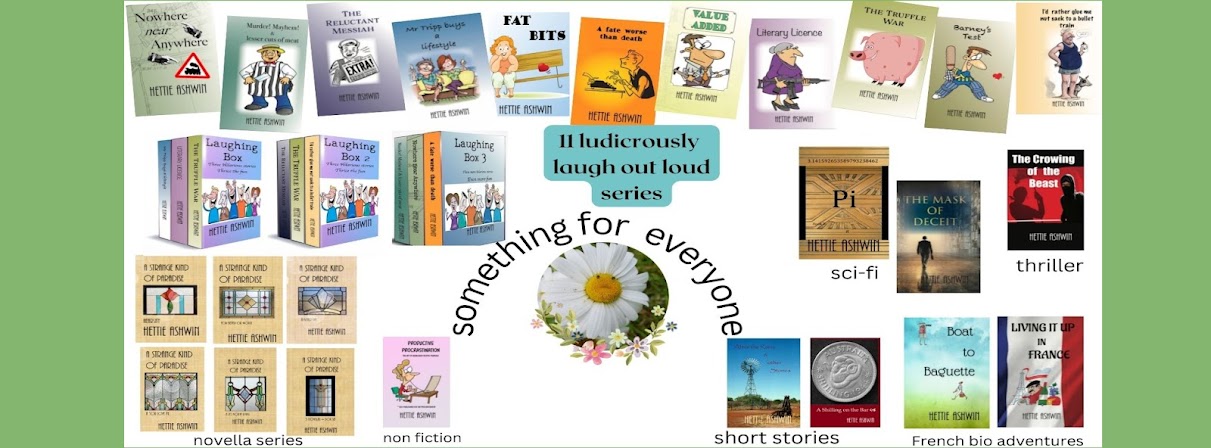Think Somerset Maugham, Dickens, Hardy, Austen, Dostoyevsky, Rand,Chekhov, and more.
These doyens of literature took their time to draw the reader into the story. They drew out the situation like a piece of soft toffee and the audience was gradually pulled in by the characters.
Audiences today want their reading entertainment as quick as three minute noodles. Do they still want to wait for something to happen? We are told to grab the reader in the first 100 words and keep them on the hook.
What about cajoling them, teasing them just enough? Or perhaps lulling them with luxurious language, deep velvety phrases and the hint of big ideas.
A series of short stories I am writing follow in the footsteps of S. Maugham. They draw the reader in by the first 130 odd words and then with an empathetic phrase I hope the reader is intrigued enough, and cares enough to carry on.
Martin
Swinburne liked the sound of his own voice. He was a short man with bland
features and a thinning head of blonde hair that he judiciously combed over a
growing bald patch. His mouth contained less than was God given teeth, which
were yellowing and congregated at the front.
From the
moment Martin found he was always on the outer of the 'in' crowd he had been
trying to get 'in'. So, in his efforts, he espoused on every and any subject
without so much as a small modicum of knowledge. But, for all his 'attributes'
the one that most remembered Mr. Swinburne to his neighbours, acquaintances and
family was that after 40 years of marriage he could still make his wife cry.
Maugham has the ability to paint a vivid picture of his main characters. He sets them up with such ease we feel we know them and their foibles, so it comes as no surprise when they act true to character. His genius is giving a twist to the tale that comes out of left field. All this is done with slow, deliberate writing and good manners.
Dostoyevsky's short stories have a great amount of back story up front. Yet this doesn't detract from the read as we find the motive for the protagonist becomes clearer if we know his history. It is like being let in on the family album or the dark secret.
Dickens teases us with open ended statements that will only be qualified when we read on.
Will the reader today put up with plodding? Should we write for the audience and their attention span or write to give the story depth, meaning and write like we are painting in oils with a richness of words and ideas. I fancy the latter will keep the reader talking long after the book is finished.
Good writing will always shine and the effort (if that is the right word) will be worth it.
Some may use words like persevere, but if the story is sharp, the writing smart and the characters believable then the read although 'hard' should be a worthwhile exercise.
Some of the award winners in the past have given us a hint of this writing,
The God of Small things Arundhati Roy, The life of Pi Yann Martel, with thought and detail described with deliberate care.
So should we write in the style of manners that these greats have employed over the years?
Is there an audience for expansive writing?
One could only hope so.
.

Good question ... Shakespeare still manages to find an audience after 500 years.
ReplyDeleteI agree,but is Shakespeare a bit of the 'Emperor's new clothes'? We have lauded him so long it is just seems rude to say something unkind.
ReplyDeleteI'm playing the devils advocate here as I enjoy W.S with the best of them.
I think it depends on the kind of audience you want to reach. I love Chekhov and Somerset Maugham's stories and I don't think they are slow. It is a matter of personal taste.
ReplyDeleteI also prefer to be captivated by a character. If the story has no interesting complex characters I feel I am wasting my time when I read it. Again, it'a all about personal taste.
ReplyDeleteI agree Julia. I use the term slow advisedly, I relish the 'getting into the character and story'. Personal taste is the only criteria when you are a reader, but if those who like 'literature' are few and far between then as writers are we missing the band wagon...if we want to be on it at all that is.
ReplyDelete